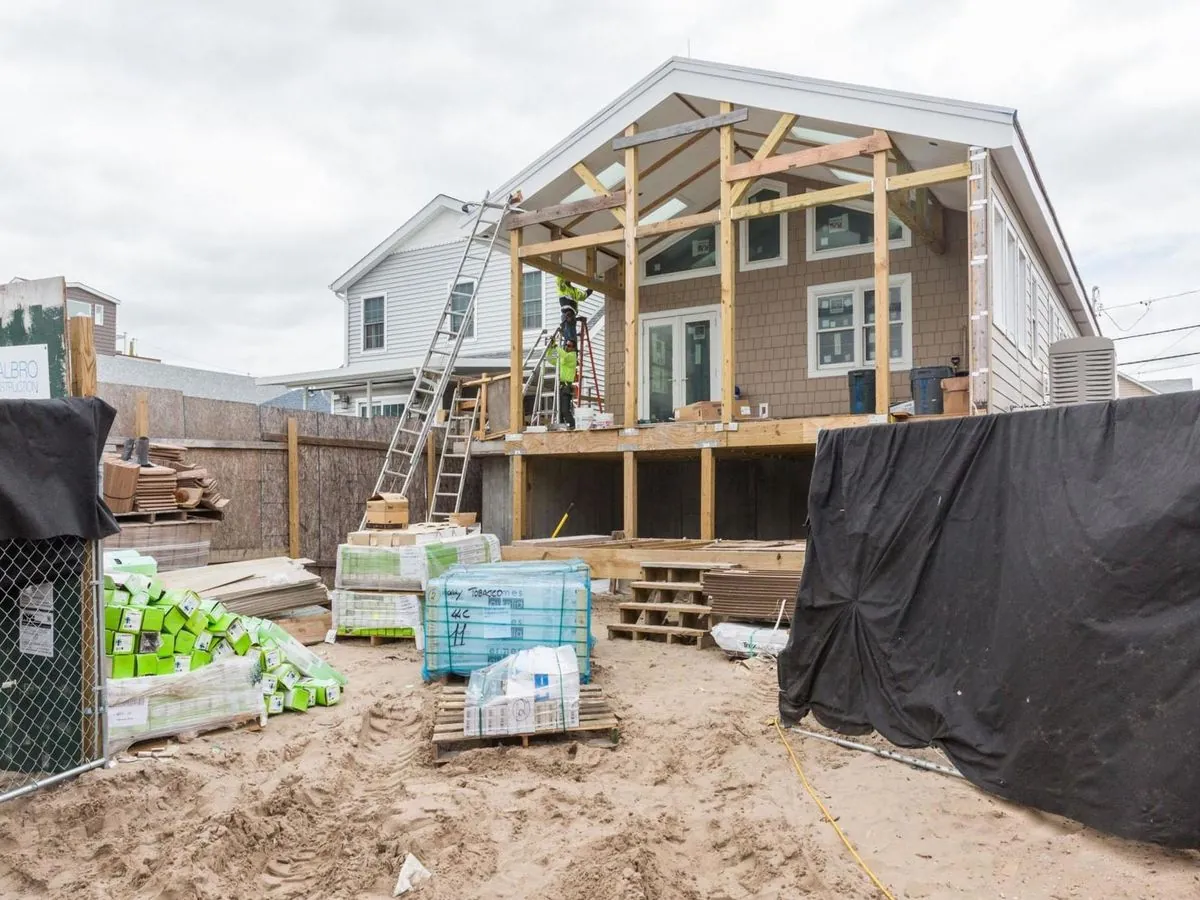In the wake of recent severe weather events, homeowners and prospective buyers are increasingly focusing on the climate resilience of residential properties. The summer of 2024 has highlighted the vulnerability of homes to extreme temperatures, high winds, and heavy rainfall, prompting a shift in priorities when evaluating real estate.
Tony Cammarota, a real estate agent with RE/MAX Distinctive in D.C., notes that properties previously unaffected by water issues are now experiencing problems due to more severe weather patterns. This trend underscores the importance of assessing a property's ability to withstand climate-related challenges.
To evaluate a home's resilience, experts recommend several key steps:
- Conduct thorough inspections
- Research building codes and local disaster history
- Assess the property's current condition
- Consider potential upgrades for improved resilience
Leslie Chapman-Henderson, president and CEO of the Federal Alliance for Safe Homes (FLASH), suggests using the InspecttoProtect.org tool to determine which building code was used during construction. This information can guide homeowners on necessary upgrades.
When inspecting a property, key areas to focus on include:
- Foundation integrity
- Roof condition and warranty
- Siding materials
- Drainage systems
- Landscaping and tree health
Rob Farrie, vice president of construction for Anthony Wilder Design/Build, recommends checking for signs of water damage, such as efflorescence on foundation walls. He also emphasizes the importance of proper grading to divert water away from the house.
For those looking to improve their home's resilience, several upgrades can make a significant difference:
- Install drainage house wrap between sheathing and drywall
- Upgrade to climate-resistant siding materials
- Ensure proper roof installation and maintenance
- Install a sump pump and consider a backup generator
- Elevate appliances and electrical sockets in flood-prone areas
- Upgrade to high-efficiency HVAC systems
- Add spray foam insulation for better temperature control
- Install attic solar fans to reduce stress on air conditioning
Marnie Oursler, owner of Marnie Oursler Custom Homes, highlights the importance of proper landscaping and gutter systems in diverting water away from the house. She also recommends eco-friendly hardscape products that allow water penetration and drainage.
"Even a small amount of water that infiltrates your home can cause thousands of dollars of damage."
While aesthetic upgrades may be more appealing, investing in climate resilience can provide long-term benefits, including enhanced safety, reduced repair costs, and potentially lower insurance premiums. As extreme weather events become more frequent, prioritizing a home's ability to withstand environmental challenges is increasingly crucial for homeowners and buyers alike.
